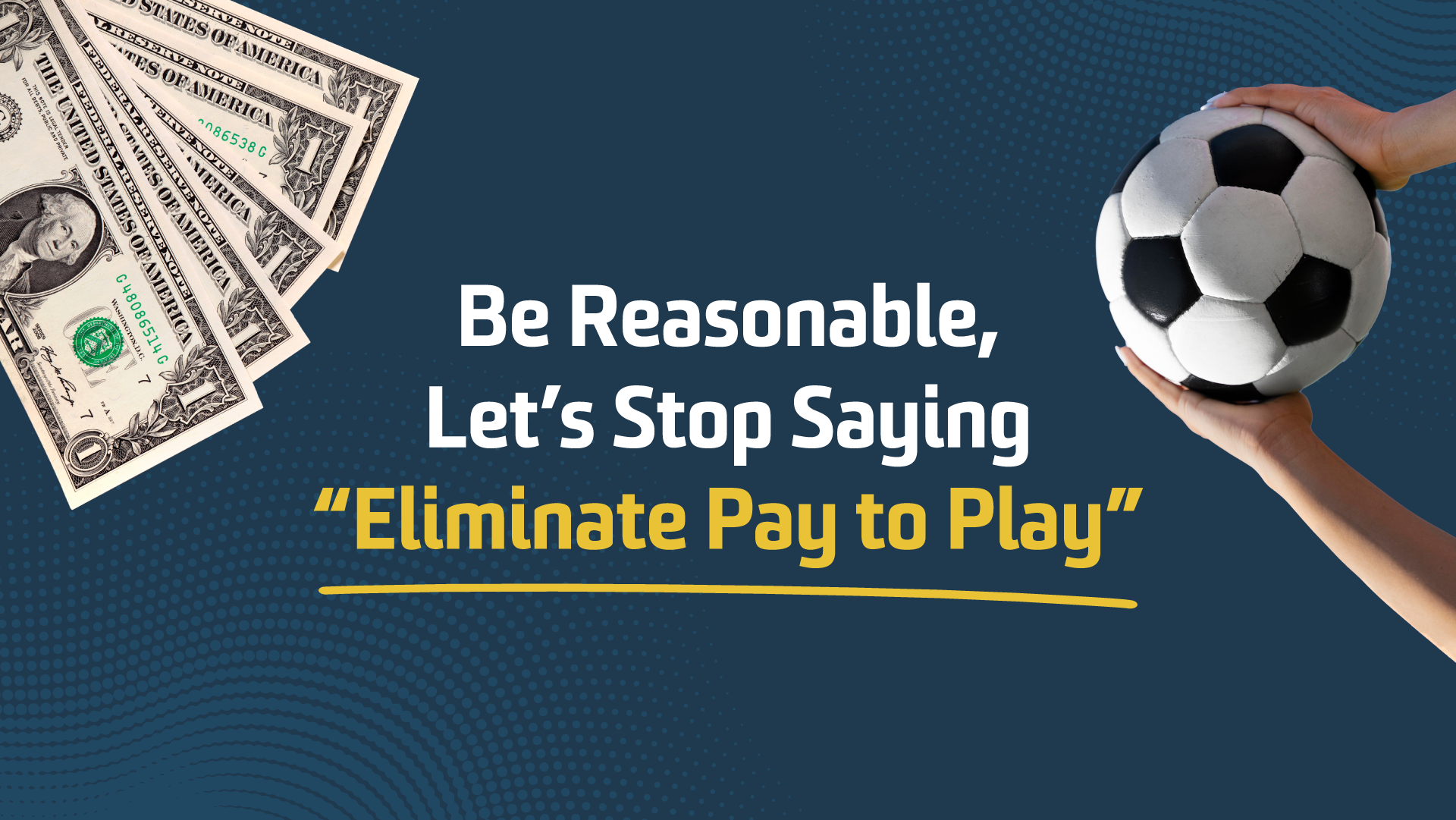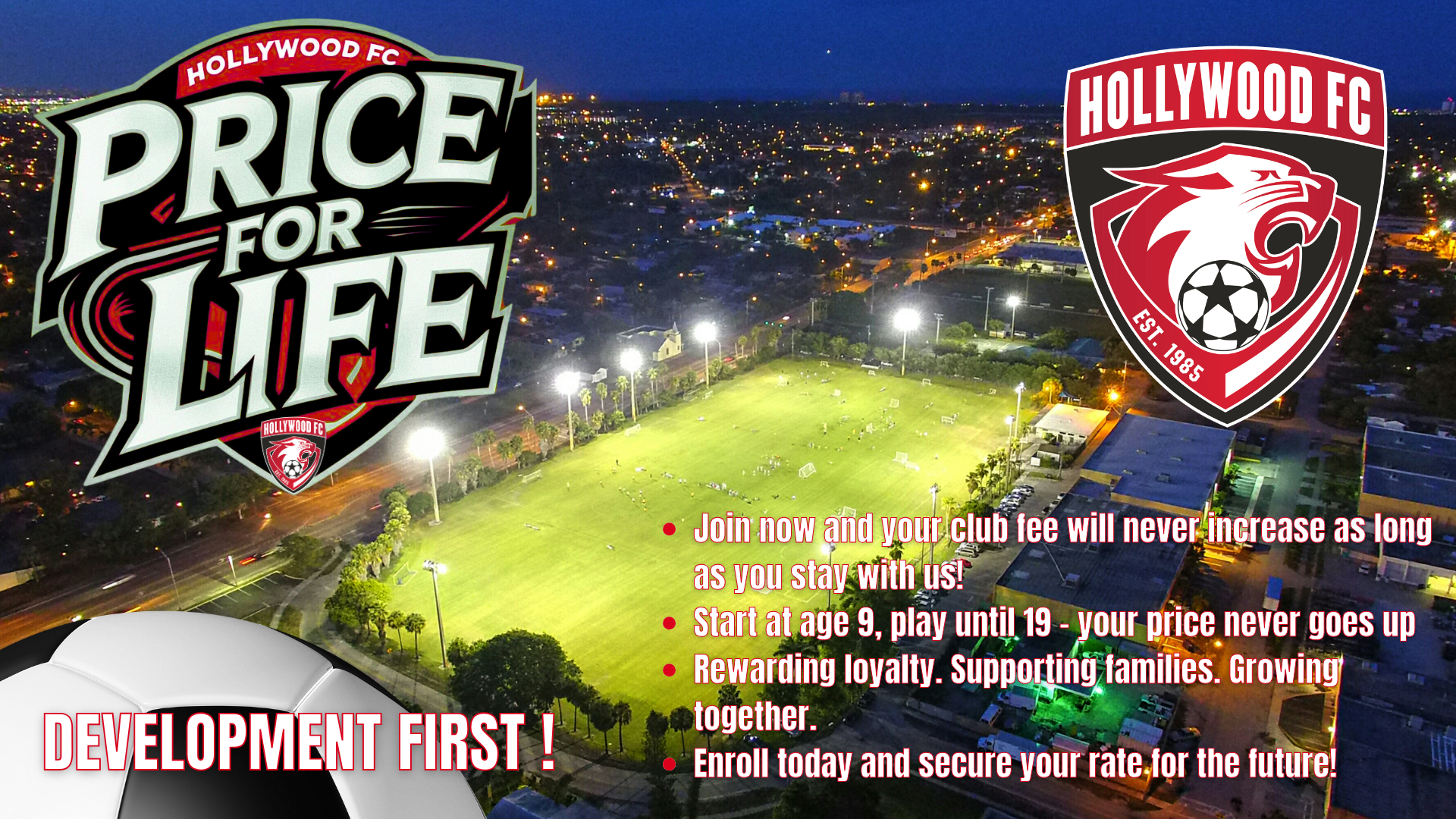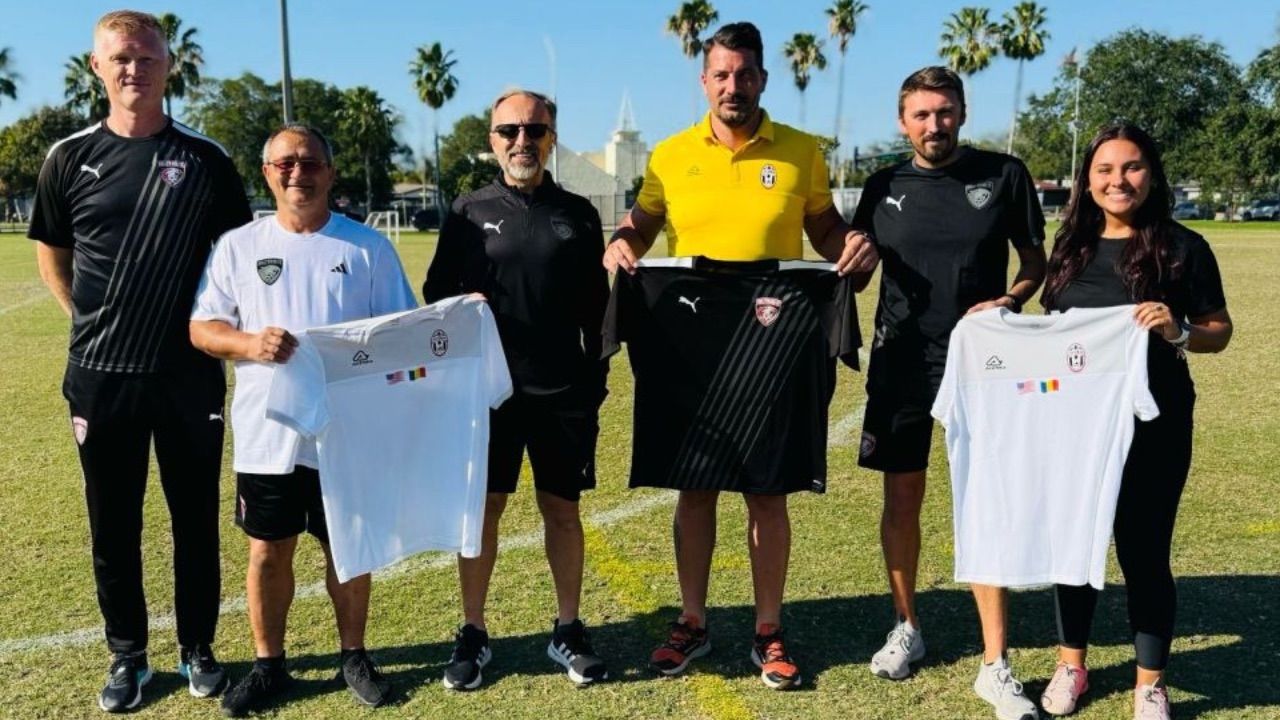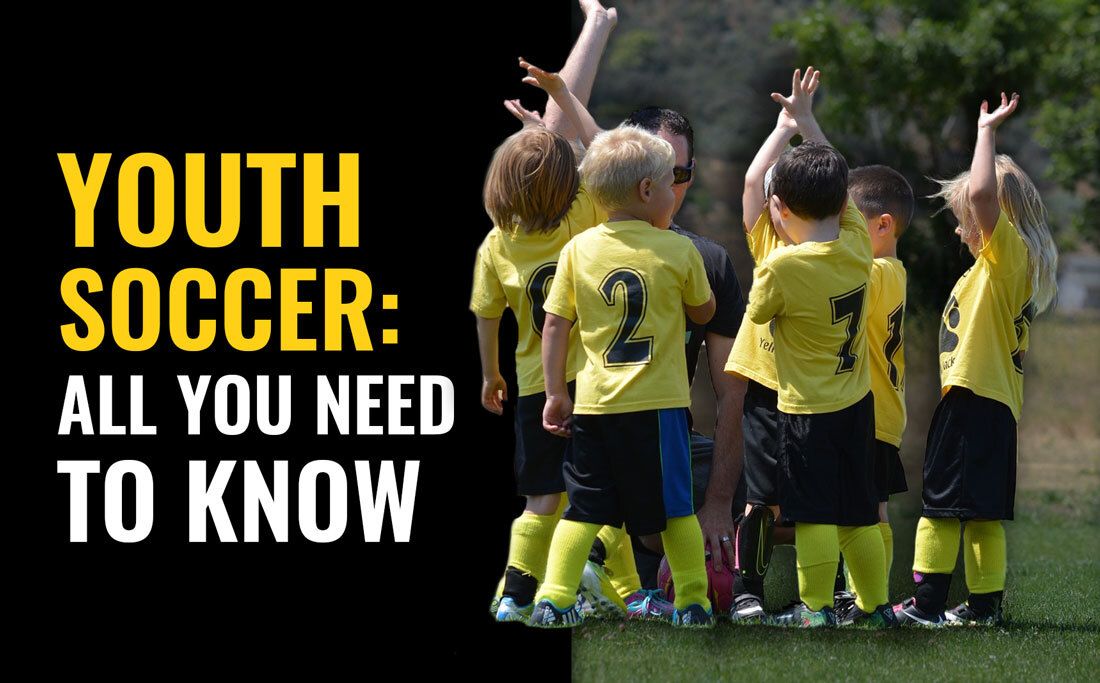Pay to Play Model and Parent Sportsmanship Expectations
Pay to Play Model and Parent Sportsmanship Expectations

The pay-to-play model can create tension between parents' financial investments and the referee/coach relationship. Coaches and parents need to prioritize their child's overall experience over winning. This sets a positive example for young athletes.
To address disrespectful behavior towards referees, we must set clear expectations for parents. The emphasis should be on creating a positive environment for all participants. Holding parents accountable for their actions is crucial.
Organizations must decide whether to tolerate negative parental behavior, even if it means losing a talented player. The focus should be on developing young adults, not just winning games
"Winning is important, but it's more important to teach our kids sportsmanship and respect for others. Let's focus on creating a positive experience for everyone involved."
Pay-to-play models can additionally significantly impact the dynamics between parents and sports clubs.
- Parental Involvement: Parents may feel more invested in their child's athletic development if they are contributing financially.
- Parent-Club Conflict: Parents may feel entitled to certain services or benefits based on their financial contributions, leading to potential conflicts with club administrators.
- Transparency: Clearly communicate the reasons for pay-to-play fees and how the funds will be used.
By addressing these potential challenges and fostering open communication, sports clubs can maintain positive relationships with parents and create a supportive environment for all athletes.
- Dissent towards the referees: the question on the sportsmanship and how do to handle parents, we have to set expectations. We know that when there's so much money involved and people are paying a lot of money for their child to be on these teams, yet we're missing the messaging that you're choosing for your child to be on this team. You also have to understand that there are going to be guidelines. We have guardrails in place, we have expectations. And if you want to be part of this team, you have to be a positive influence on everybody. Yes, officials are going to miss a call, but if we don't set expectations and follow through on those expectations, it becomes the wild, wild west. And that's what happens at a lot of youth games.
- Our officials are in very short supply, but if we are going to let our parents drive, they're going to be in the driver's seat of this negative behavior.
- Let's use the 10, you've got 10 players, you've got one parent that's really, really obnoxious, but you've got nine parents that are really, really good. Why do the nine parents that paid the same amount of money have to put up with the one parent?
- And so it goes back to expectations. What are those expectations? And I'm happy to come and talk to anybody's parent group that wants me to talk to them because I think if you are very, very straight with them... And if you're going to have a sportsmanship paper that they sign and we're not going to hold them accountable, it means nothing.
- We asked clubs: "A raise of hands, how many of you have sportsmanship policies that you make your parents sign?" And then we asked, "And how many of you hold them accountable?" So we have to set expectations and we have to hold them accountable.
- And we know that there's going to be parents that we can't get through to and so then I think an organization has to make a decision. Do you want that parent? Even if their child is the best player on the team, do you want that negative energy on your team? So it comes down to winning and developing young adults.

















